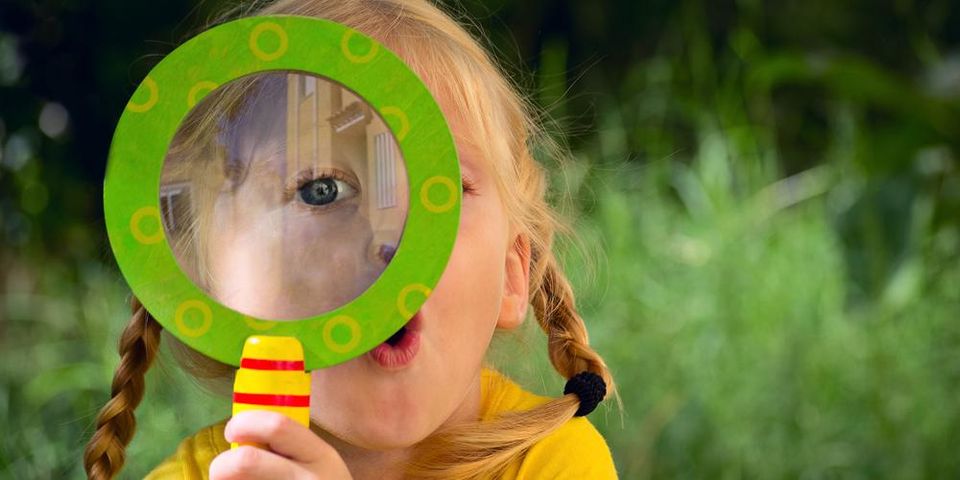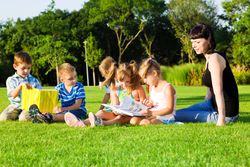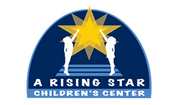6 Benefits of Including Nature & Science in Early Childhood Learning

When most people think of early childhood learning, they picture toddlers practicing their alphabet, colors, and numbers. However, top preschool programs like A Rising Star Children’s Center understand the importance of incorporating basic scientific principles and an appreciation for nature into their curriculum.
This premier child learning center in Cortlandt Manor, NY, is surrounded by lush natural woodlands, which makes it easy for their staff to foster an appreciation for the outside world during their daily lessons. Through their teaching, the staff at A Rising Star Children’s Center have found six undeniable benefits from these outdoor experiences.
6 Benefits of Including Nature & Science in Early Childhood Learning
1. Critical Thinking
Including science in early childhood learning curriculums promotes critical thinking. Children will learn how to use their resources to identify problems and test potential solutions. Educational preschool programs emphasize critical thinking skills by involving children in experiments that challenge them to formulate their own ideas.
2. Environmental Responsibility
 Children won’t learn to respect nature if they are never exposed to it. Child care programs that get students outdoors help children develop a connection with the outside world, leading to long-term environmental consciousness.
Children won’t learn to respect nature if they are never exposed to it. Child care programs that get students outdoors help children develop a connection with the outside world, leading to long-term environmental consciousness.
3. Hands-On Learning
Science and nature lessons are typically synonymous with hands-on learning. In other words, students create and test various concepts while witnessing the results with their own eyes. These hands-on experiences will increase a student’s love of learning as their curiosity spills over into other subjects.
4. Better Overall Health
Studies demonstrate that spending time with nature has cognitive benefits such as improved attention for younger children. Additionally, time spent moving outside is great for a child’s physical development when they would otherwise be contained in a classroom. Learning alongside nature is also a social experience, as students explore together or perform group experiments.
5. Empathy Development
As children begin to understand that nature is full of living things, they will start to develop empathy. Lessons about delicate plant life or insects help them realize they have the ability to hurt others, and encourage ways to avoid doing so. Ideally, this behavior will translate into their relationships and social interactions.
6. A Focus on the Future
Today’s job market is filled to the brim with positions that require in-depth skills. These science, technology, engineering, and math (STEM) careers are solving the world’s problems while providing considerable financial compensation, but there’s a shortage of qualified workers. While your toddler isn’t headed to the workplace anytime soon, introducing science concepts early will promote interest in these fields later in life.
Early childhood learning should be fun and age-appropriate. Incorporating nature and science into these early experiences sets a strong foundation for future academic success and overall development. A Rising Star Children’s Center specializes in providing such learning experiences in a serene and inspiring natural environment. Give them a call at (914) 788-4582 or contact them online for more information about their educational programs.
About the Business
(19 reviews)
Have a question? Ask the experts!
Send your question

